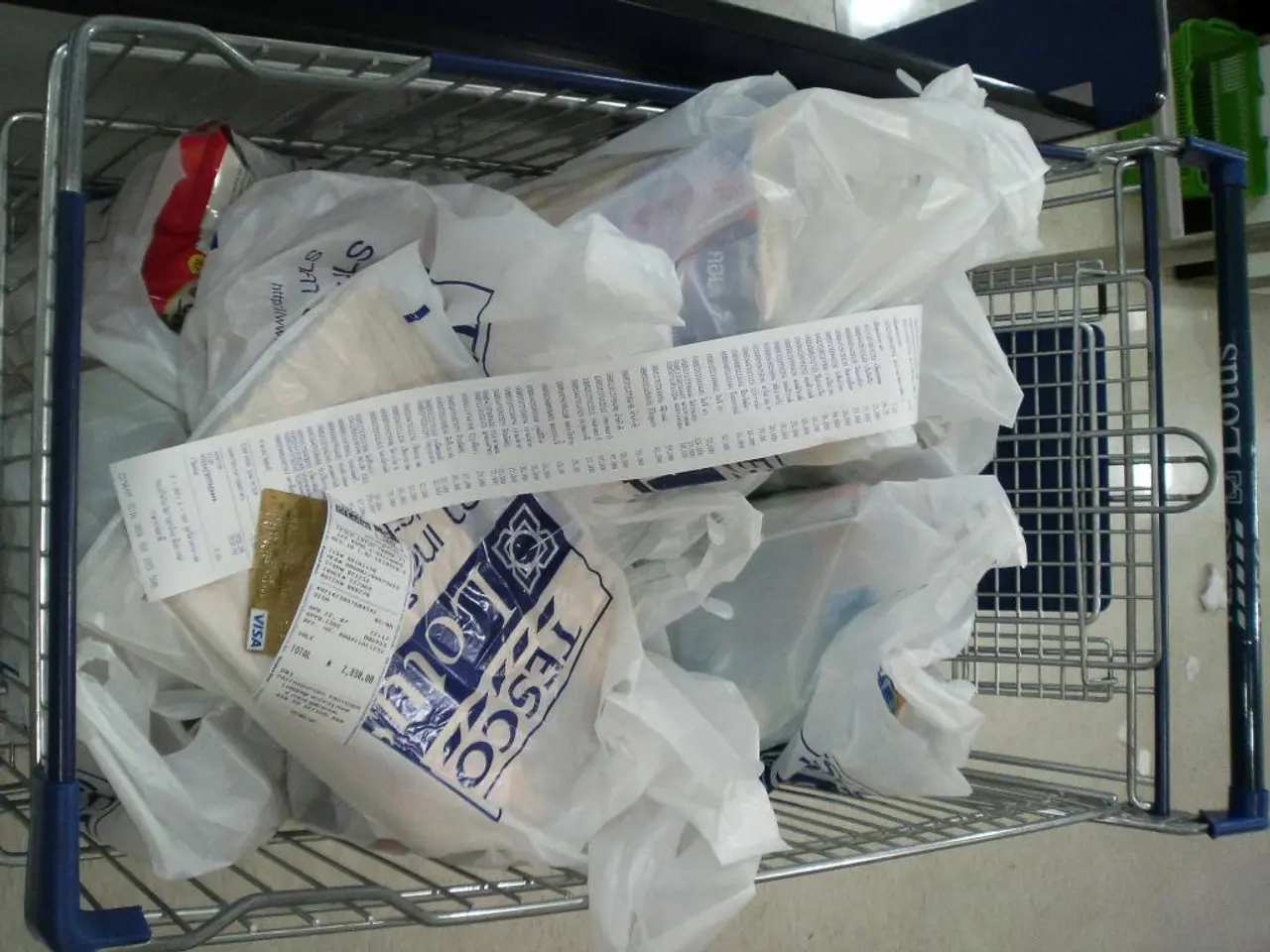EU Parliament seeks to curb excessive package deliveries through implementing a €2 surcharge
The European Union (EU) is taking action to strengthen product safety standards and alleviate the burden on customs authorities, who are struggling to manage the influx of over 12 million packages daily from third countries.
In a recent plenary session in Strasbourg, Members of the European Parliament (MEPs) overwhelmingly backed a proposal by the European Commission to implement changes regarding the handling of packages from third countries. The proposed changes include the introduction of a flat handling fee for imported packages, the abolition of the duty-free status for goods worth less than 150 euros, and various measures to ensure product safety.
Regarding the proposed flat handling fee, while the exact amount remains undecided, importers, rather than consumers, are expected to cover these costs. This is aimed at helping customs authorities manage the flood of online purchases, with the costs not intended to be passed onto consumers.
The MEPs' proposal also suggests encouraging third-country traders to set up warehouses within the EU to process customer deliveries, which could help ease the strain on European customs authorities.
To ensure product safety, the EU is implementing several steps. One of these is the strengthening of customs controls to curb dangerous and non-compliant consumer products entering the EU. Importers and online marketplaces will be required to ensure products meet EU rules.
Another measure is the implementation of the General Product Safety Regulation (GPSR), which will come into force on December 13, 2024. This regulation emphasizes traceability measures, risk assessments, and documentation compliance. Online marketplaces must verify product safety and remove non-compliant items promptly.
The EU is also planning to implement a Digital Product Passport for critical products sold online, such as textiles, toys, and electronics, to strengthen enforcement of existing legislation.
Under the GPSR, online marketplaces must establish a single point of contact and register with the Safety Gate Portal. This is intended to enhance data exchanges between enforcement authorities and e-commerce platforms.
The proposed measures are seen as a first step towards holding platforms like Temu or Shein accountable for compliance with EU regulations. These large online marketplaces from the Far East have been under scrutiny due to their role in the influx of packages from third countries, with spot checks showing that in nine out of ten cases, EU safety regulations are violated.
Katarina Barley, Vice-President of the EU Parliament, stated that the proposed fees are a part of the effort to ensure compliance with EU regulations by online marketplaces. The measures will now be discussed in negotiations between the EU Parliament and the Council on a reform of the EU customs regime.
The proposal by Members of the European Parliament (MEPs) includes a discussion on the implementation of a flat handling fee for imported packages, which will primarily impact importers and not consumers, serving as a means to manage the influx of online purchases and alleviate the burden on customs authorities. To reinforce product safety, the General Product Safety Regulation (GPSR) will be implemented, requiring importers, online marketplaces, and online sellers to ensure their products meet EU rules, while the Digital Product Passport will be introduced to strengthen enforcement of existing legislation for critical products such as textiles, toys, and electronics sold online.




